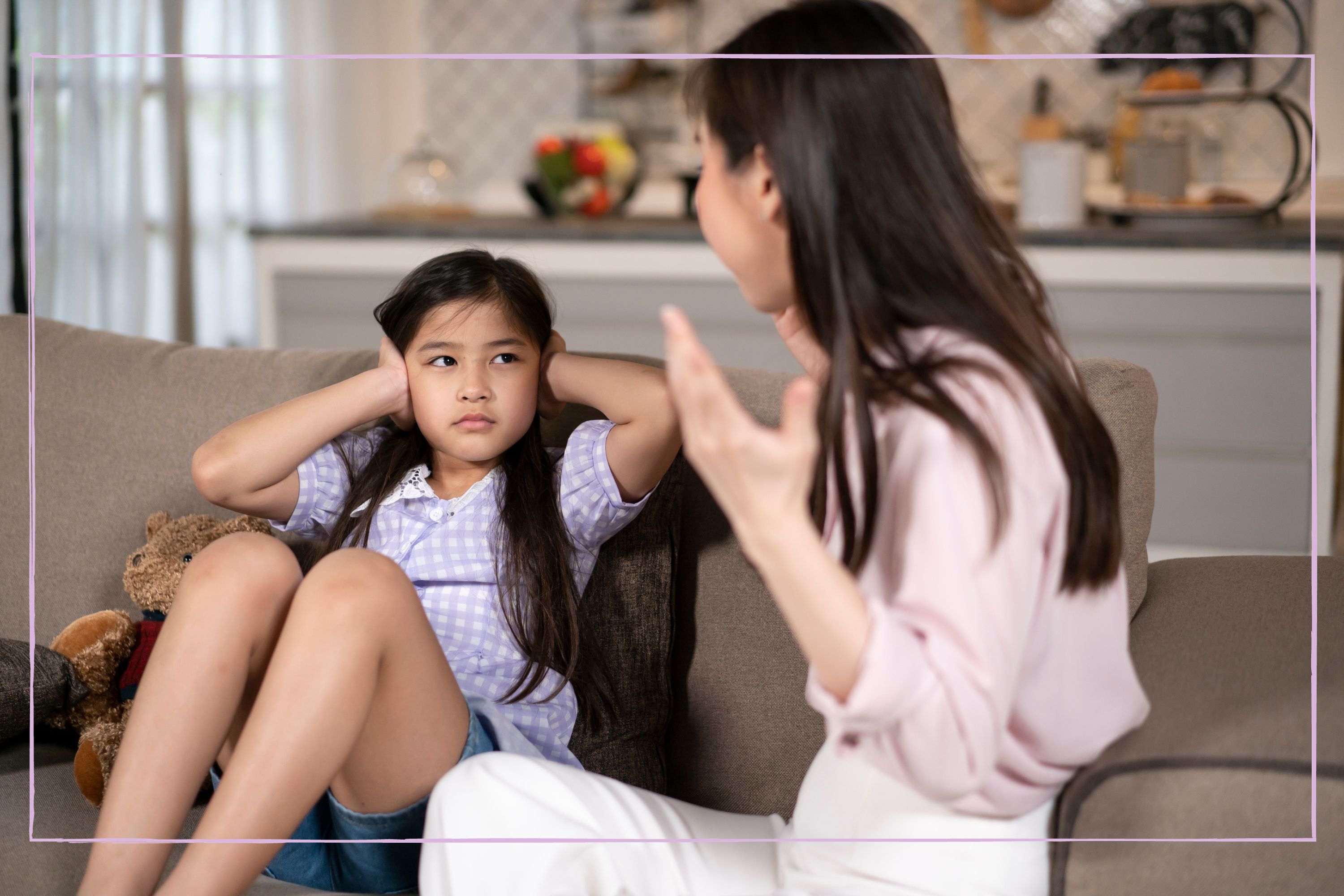
A child psychologist has revealed that the best way to raise 'more successful' and 'happier' children is to stop yelling at them and the reason why is pretty simple.
As we head into 2024, there's likely a whole list of New Year's resolutions you have in mind to make and hopefully keep up. This year, family-orientated resolutions are our top priority as we know that setting family goals at New Year can make families feel both more empowered and aligned and there are a whole host of New Year's resolutions for kids to make that challenge a little easier.
But what about parenting resolutions specifically? It can feel like you need to overhaul your parenting style as the New Year comes about, but one child psychologist has revealed that the simple change of not shouting at your kids can have just as much of an impact in their lives as a complete 180 in your approach to parenthood.

Jazmine McCoy, a clinical psychologist, explains that yelling at a child from time to time doesn't cause damage to the parent/child relationship, but when the shouting starts to become more regular, and used in situations that aren't necessary, the child can start to suffer for it.
“The best, most well-intentioned parents will lose it from time to time,” she told CNBC. "If it’s constant and chronic, it [shouting] can interfere with a child’s connection [to their parent]."
By making the simple resolution to stop yelling at a child, or by going all in and adopting the gentle parenting style, you can not only make your kids 'happier' overall, but they're also more likely to be 'more successful' as they feel supported in their choices.
“If this is your ultimate dynamic with your child, and there’s not a lot of other positive interactions, [that] is going to interfere with the connection, which then interferes with their behaviours,” McCoy says. “Because kids who ... feel more connected with us and feel more supported by us, well, they’re going to do better. They’re going to be more successful, happier, etc.

“We just need to remember that when we yell, our children are actually not learning. Because they’re stressed, and we don’t learn when we’re stressed,” she added. “So it kind of goes against what our ultimate goal is.”
Instead of yelling, there are multiple other ways to deal with a child who won’t listen. But McCoy suggests asking yourself who is really causing the shouting. Is it the child? Or are you jumping to yell whenever the slightest wrong appears to have been done? Doing some 'self-reflection' on the triggers for your yelling can be helpful in this situation. Ask yourself; is there a specific act your child does that annoys you or is there some other cause, besides the child, that's affecting how you handle stress?
McCoy suggests journalling to try to figure out the root causes, asking yourself questions like; What are the situations where I feel the most frustrated? Why does this specific behaviour frustrate me? And what is it about the behaviour that is frustrating?
But no matter how hard you try not to raise your voice, McCoy knows it's not always going to work. So, when you do let a shout slip out, she urges you to apologise. “I think one of the best things a child can hear from their parent is: ‘I’m sorry ... I’m working on this and I’m not perfect’,” she said.




!["[T]he First and Fifth Amendments Require ICE to Provide Information About the Whereabouts of a Detained Person"](https://images.inkl.com/s3/publisher/cover/212/reason-cover.png?w=600)


